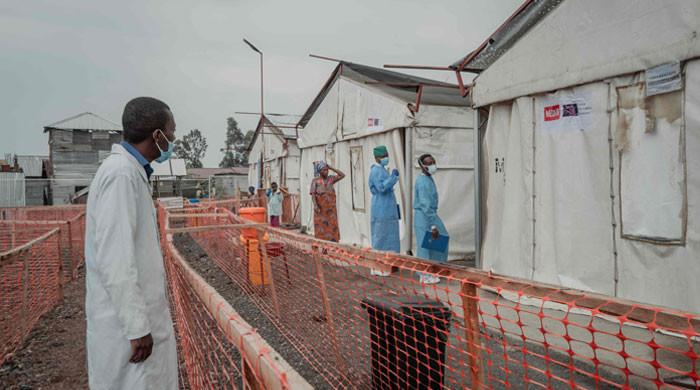Summary:
- The World Health Organization asserts that the current mpox outbreak is not comparable to Covid-19 due to existing control measures and knowledge about the virus.
- The recent declaration of a public health emergency relates to a new Clade 1b strain, but the WHO believes the situation is manageable with known interventions.
- WHO emphasizes that the risk to the general population is low and does not recommend widespread lockdowns or mass vaccinations.
The World Health Organization (WHO) reassured the public on Tuesday that the current mpox outbreak should not be compared to the Covid-19 pandemic. Unlike the novel coronavirus, significant knowledge and control measures are already in place to manage mpox, according to Hans Kluge, the WHO’s European director. The recent global health alert was prompted by the emergence of the Clade 1b strain of mpox, but Kluge emphasized that this situation is not as critical as the earlier Covid-19 crisis.
The WHO had previously declared a public health emergency in July 2022 due to the less severe Clade 2b strain of mpox, which primarily affected gay and bisexual men. The alert for this strain was lifted in May 2023. Now, with the new strain spreading, Kluge highlighted that, while more research is needed, the measures to control mpox are well established. He assured that, based on past experiences, particularly in Europe, the outbreak can be contained through existing strategies.
The WHO’s approach to managing the outbreak includes targeted vaccination for high-risk groups rather than mass vaccination, and there are no recommendations for widespread lockdowns or mask mandates. The primary mode of transmission remains close skin-to-skin contact, although some transmission may occur through droplets from infected individuals with blisters.
Despite the recent rise in cases, especially in the Democratic Republic of Congo and neighboring areas, the WHO’s spokesperson emphasized that the general risk remains low, and the situation is manageable with the current public health practices in place.

